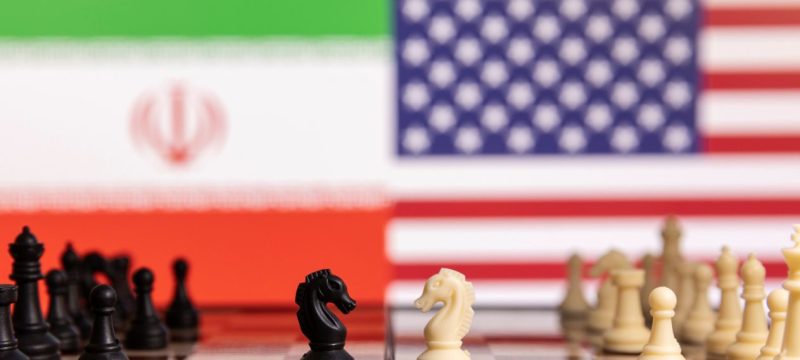Mounting Pressures: Why the U.S. Is Flexing Military Muscle in the Middle East
As tensions continue to escalate between Iran and Israel, the United States has responded with a high-profile military deployment to signal its presence and resolve. The recent move of B-52 bombers, fighter jets, and refueling aircraft to Qatar highlights a U.S. commitment to maintaining influence in the region while serving as a visible deterrent to Iranian aggression. However, experts argue that the positioning of these bombers is likely more a demonstration of power than an indication of immediate conflict. The use of B-52 bombers would require the complete dismantling of Iran’s air defenses, a near-impossible task given the sophistication and reach of Iran’s air defense network. This show of force, then, seems designed to project power rather than initiate direct confrontation.
The Cost of Conflict: Why a Direct U.S.-Iran Clash Is Unlikely
Despite a fortified presence, the U.S. is unlikely to engage in direct combat with Iran. There are several reasons: first, the U.S. is stretched thin, already managing ongoing crises, including the war in Ukraine and rising tensions with China over Taiwan. In addition, the ongoing conflicts in Gaza have caused regional upheaval, pushing Arab nations to maintain stability rather than face further turmoil. These nations have burgeoning tourism industries and fragile economies, which would suffer severe blows in a war that could spill over into their territories. Washington’s allies are cautious about fully backing U.S. moves, aware that such a conflict could destabilize the region and jeopardize their interests.
Global Economic Fallout: A Middle East Conflict Could Ignite an Energy Crisis
A U.S.-Iran war would have far-reaching global repercussions, including a potentially catastrophic energy crisis. Iran’s strategic position on the Strait of Hormuz means it could disrupt a significant portion of the world’s oil supply, sending prices skyrocketing and leading to widespread economic repercussions. This situation would also likely push Iran further down the nuclear path, especially given recent concerns about its nuclear capabilities. In light of Israel’s recent actions in Gaza, global support for a U.S.-led military action against Iran is unlikely, with public opinion wary of further conflict. Recognizing the severe risks, Washington appears committed to a policy of containment over direct military engagement, aiming to control Iran’s influence without triggering an outright war that could destabilize the world economy and spur significant geopolitical upheaval.







